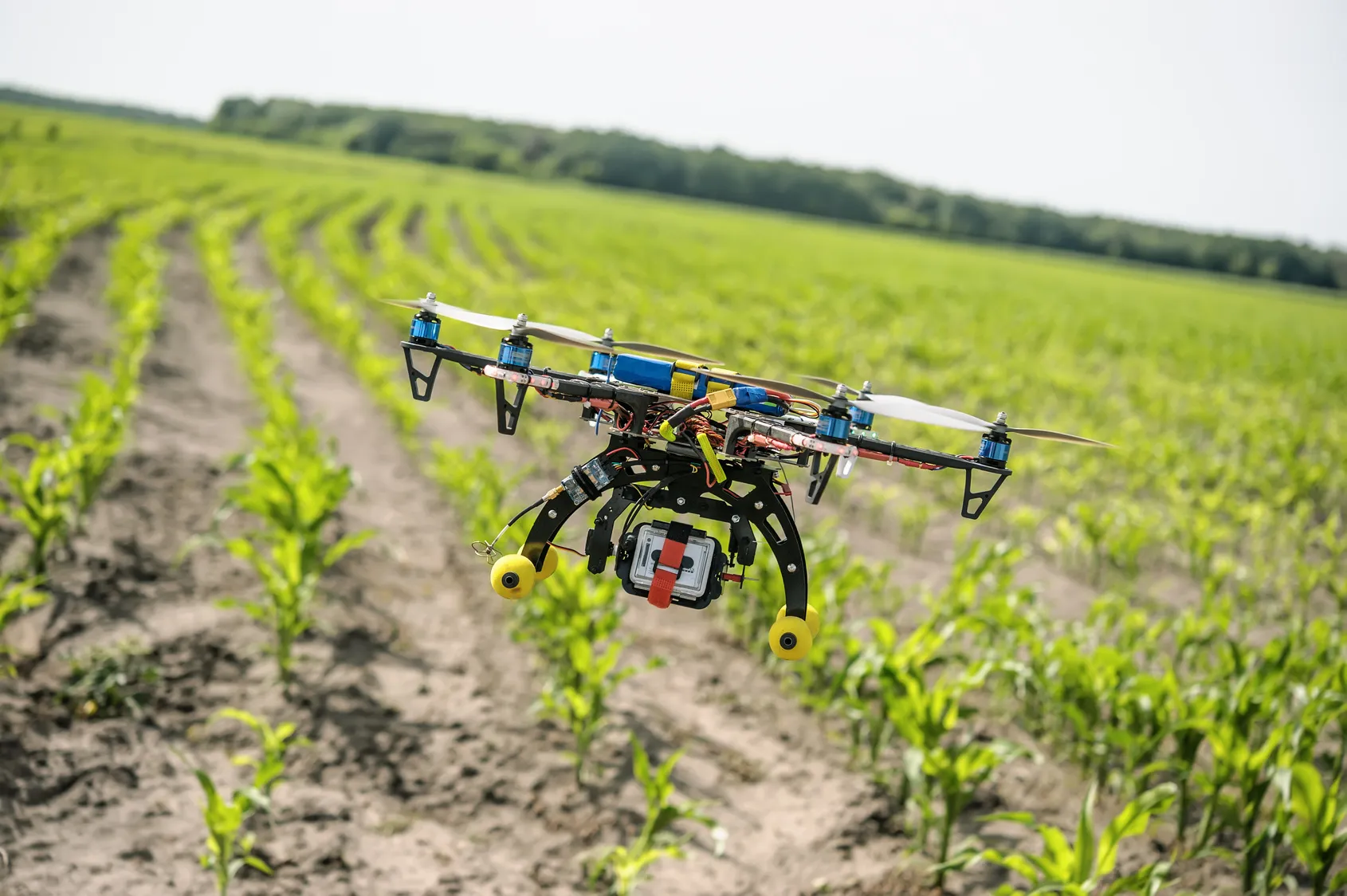African agriculture is at a crossroads. With a rapidly growing population, climate change, and limited resources, farmers are under increasing pressure to produce more food while minimizing their environmental footprint. In recent years, drone technology has emerged as a game-changer in crop monitoring, offering African farmers a powerful tool to optimize crop yields, reduce costs, and improve decision-making.
The Challenges of African Agriculture
African agriculture faces numerous challenges, including:
- Climate Change: Rising temperatures, changing precipitation patterns, and increased frequency of extreme weather events are affecting crop yields and food security.
- Soil Degradation: Soil erosion, nutrient depletion, and salinization are reducing soil fertility and affecting crop productivity.
- Limited Resources: Many African farmers lack access to finance, technology, and expertise, making it difficult to adopt modern farming practices.
- Pests and Diseases: Pests and diseases are significant threats to African crops, with limited access to effective control measures.
The Rise of Drone-Based Crop Monitoring
Drone-based crop monitoring is a rapidly growing field that uses unmanned aerial vehicles (UAVs) or drones to collect data on crop health, growth, and development. Equipped with high-resolution cameras, sensors, and other technologies, drones can capture detailed images of crops, allowing farmers to:
- Monitor Crop Health: Drones can detect early signs of stress, disease, or pests, enabling farmers to take prompt action to prevent losses.
- Optimize Irrigation: Drones can monitor soil moisture levels, allowing farmers to optimize irrigation schedules and reduce water waste.
- Improve Crop Management: Drones can provide detailed information on crop growth, enabling farmers to adjust fertilizer applications, pruning, and other management practices.
- Enhance Decision-Making: Drones can provide farmers with accurate, timely data, enabling them to make informed decisions about planting, harvesting, and crop management.
Benefits of Drone-Based Crop Monitoring in African Agriculture
The benefits of drone-based crop monitoring in African agriculture are numerous:
- Increased Efficiency: Drones can cover large areas quickly and efficiently, reducing the time and labor required for crop monitoring.
- Improved Accuracy: Drones can provide highly accurate data, enabling farmers to make informed decisions about crop management.
- Enhanced Productivity: By optimizing crop management, drones can help farmers increase crop yields and improve productivity.
- Reduced Costs: Drones can help farmers reduce costs by minimizing waste, optimizing inputs, and improving resource allocation.
Case Studies: Drone-Based Crop Monitoring in African Agriculture
Several African countries are already leveraging drone technology to improve crop monitoring and management:
- Rwanda: The Rwandan government has launched a drone-based crop monitoring program to improve maize and wheat yields.
- Tanzania: Tanzanian farmers are using drones to monitor crop health and optimize irrigation schedules.
- South Africa: South African farmers are using drones to monitor crop growth and development, enabling them to adjust management practices and improve yields.
Challenges and Opportunities
While drone-based crop monitoring offers numerous benefits, there are several challenges and opportunities to consider:
- Regulatory Frameworks: African governments need to develop regulatory frameworks to govern the use of drones in agriculture.
- Infrastructure: Many African countries lack the infrastructure to support drone-based crop monitoring, including charging stations and data transmission networks.
- Capacity Building: Farmers and agricultural professionals need training and capacity building to effectively use drone technology.
- Data Analysis: The large amounts of data generated by drones require sophisticated analysis and interpretation to provide actionable insights.
Conclusion
Drone-based crop monitoring is a rapidly growing field that offers African farmers a powerful tool to optimize crop yields, reduce costs, and improve decision-making. While there are challenges to be addressed, the benefits of drone-based crop monitoring are clear. As African agriculture continues to evolve, the use of drone technology is likely to play an increasingly important role in improving food security, reducing poverty, and promoting sustainable agricultural practices.
Recommendations
To fully realize the potential of drone-based crop monitoring in African agriculture, we recommend:
- Investment in Infrastructure: Governments and private sector organizations should invest in infrastructure to support drone-based crop monitoring, including charging stations and data transmission networks.
- Capacity Building: Governments and private sector organizations should provide training and capacity building for farmers and agricultural professionals to effectively use drone technology.
- Regulatory Frameworks: Governments should develop regulatory frameworks to govern the use of drones in agriculture.
- Research and Development: Research institutions and private sector organizations should invest in research and development to improve drone technology and data analysis.
By embracing drone-based crop monitoring, African agriculture can take a significant step towards improving productivity, reducing costs, and promoting sustainable agricultural practices. The future of African agriculture is bright, and drones are likely to play a key role in shaping that future.

